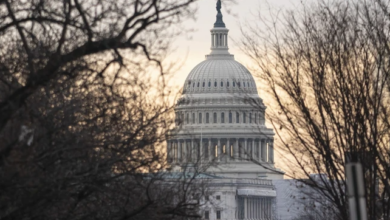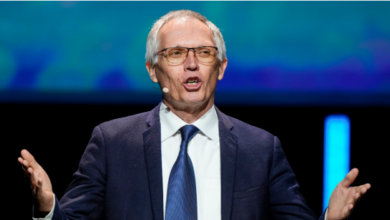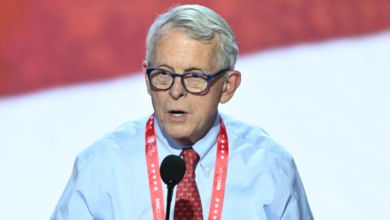Black pastor in Alabama says he was wrongfully arrested while watering flowers : NPR


Pastor Michael Jennings of Childersburg, Ala., says he was arrested and charged with a crime while watering his neighbor’s flowers.
Childersburg Police Department/Screenshot by NPR
hide caption
toggle caption
Childersburg Police Department/Screenshot by NPR

Pastor Michael Jennings of Childersburg, Ala., says he was arrested and charged with a crime while watering his neighbor’s flowers.
Childersburg Police Department/Screenshot by NPR
A Black pastor in Alabama says he was wrongfully arrested and charged with a crime while he was watering his neighbor’s flowers.
Michael Jennings, a longtime pastor at Vision of Abundant Life Church in Sylacauga, Ala., says he was doing a neighborly deed of watering his out-of-town neighbor’s flowers, per their request, when a police officer showed up.
“I’m supposed to be here. I’m Pastor Jennings. I live across the street,” Jennings told the officer with Alabama’s Childersburg Police Department, in newly released body camera footage of his arrest obtained by NPR.
“I’m looking out for their house while they’re gone, watering their flowers,” he added.
Following their arrival, officers arrested Jennings and placed him in the back of a police cruiser — later charging him with obstructing government operations, according to a criminal complaint.
Body camera footage captured of Jennings’ arrest on May 22 was released by his attorneys last week, who are calling the situation unlawful.
The attorneys representing Jennings say the release of the body camera video will furthermore clear the way for “legal action against the officers and more.”
“This video makes it clear that these officers decided they were going to arrest Pastor Jennings less than five minutes after pulling up and then tried to rewrite history claiming he hadn’t identified himself when that was the first thing he did,” said Harry Daniels, an Atlanta-based attorney representing Jennings, in a statement to NPR.
“It’s irrational, irresponsible and illegal,” he added.
During the 20-minute video obtained by NPR, a Childersburg police officer approaches Jennings as he is seen on camera watering plants in a yard.
Once the officer approaches Jennings and asks him what he is doing, he replies: “Watering flowers.”
The officer, who was not identified by authorities, asks Jennings if a car parked in the neighbor’s driveway belongs to him. Jennings responds to the officer saying the car belongs to his neighbor.
Later in the video, the officer asks the pastor if he lives at the home, and he says to the officer that he does not.
The officer says to Jennings that the police are responding to a call involving a “suspicious vehicle” and a suspicious person that’s “not supposed to be in the yard,” and the officer asks Jennings for his identification.
“Who’s saying that?” Jennings asks the officer.
“They called about it. … I don’t know,” the officer says to Jennings.
The exchange between Jennings and the officer leads to shouting, as Jennings explains to the officers that he has done nothing wrong. He tells the officers: “I told him I’m a pastor. … You want to lock me up, lock me up. … Lock me up and see what happens. I want you to.”
Jennings, a former police officer himself, is seen on video placed in handcuffs for not providing the officers with his identification.
Following Jennings’ arrest and being placed in handcuffs, the neighbor who called authorities about Jennings being a “suspicious person” tells the police officers that she recognizes him.
“He lives right there, and he would be watering their flowers. This is probably my fault,” the neighbor tells the police.
But despite the woman telling officers she knows Jennings, he is still arrested and charged.
“This was not only an unlawful arrest. It’s kidnapping,” Daniels, the attorney, said.
The charges against Jennings were later dismissed by a municipal judge in June.
The Childersburg Police Department did not immediately respond to NPR’s request for comment on the issue. NPR reached out to Jennings for an interview, but attorneys representing him told NPR he is not doing any interviews at this time.
Under Alabama law, any officer “may stop any person abroad in a public place” if they suspect that the person is committing or has committed a felony or another public offense — demanding the person’s name, address and explanation of actions.
However, attorneys for Jennings said in their statement that “Alabama’s Stop and Identify Law did not require Pastor Jennings … to identify himself because he was not in a public place.”
Source link








